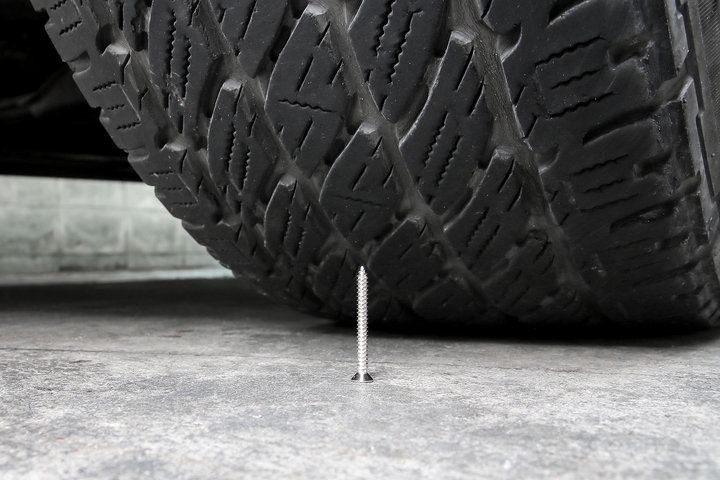
Have you ever experienced a loud boom and a sudden loss of control while you were driving your car on a busy road? Tire blowouts are inconvenient, but they can also be frightening and extremely dangerous.
Getting back on the road safely can be difficult, especially if your car is not equipped with a spare tire or if you just don’t know how to change a tire. But what causes blowouts in the first place, and more importantly, can they be prevented?
Let’s learn more about tire blowout causes and their possible solutions:
Cause #1: A tire can have a manufacturing defect
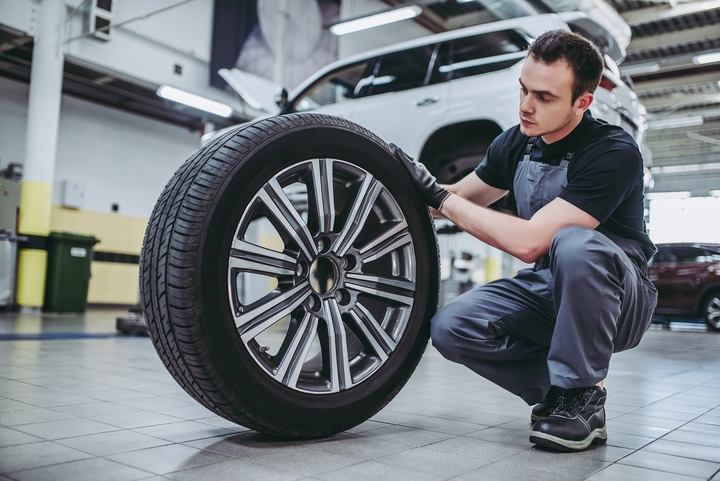
Tire manufacturing defect is one of the most common tire blowout causes. While a tire can look just fine on the outside, there could be something wrong inside it that will eventually separate its rubber and metal parts, leading to a blowout.
Tires can also blow because they were not properly installed in the first place. If you are not too sure how to change a tire, you should never attempt to do it on your own.
There is not much you can do to spot a manufacturing defect on your own. However, scheduling regular maintenance with a mechanic will help ensure your tires have been installed properly. By being a diligent car owner, you can ensure your tires Toronto remain safe and functional.
Cause #2: Tire blowouts can be caused by a damaged road
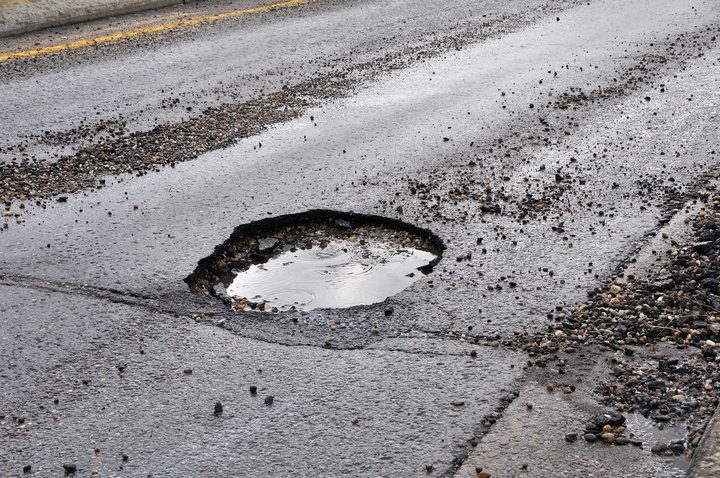
A road damaged by potholes, or covered with large debris or small sharp objects, is dangerous for your tires. Driving through potholes can damage and deform your tires, and even if they don’t blow right away, you can never tell when they will.
Driving over broken glass or nails is also risky, as it could puncture your tires.
Of course, you can’t fix or clean up the road, but you can be a more alert driver who avoids potholes and obstacles as much as possible. Drive more slowly if you notice the road is hazardous, and if you simply can’t avoid a pothole, release the brake pedal so your tire will rotate and the impact of hitting the bottom of that hole will be less destructive.
Cause #3: A punctured tire needs to be fixed
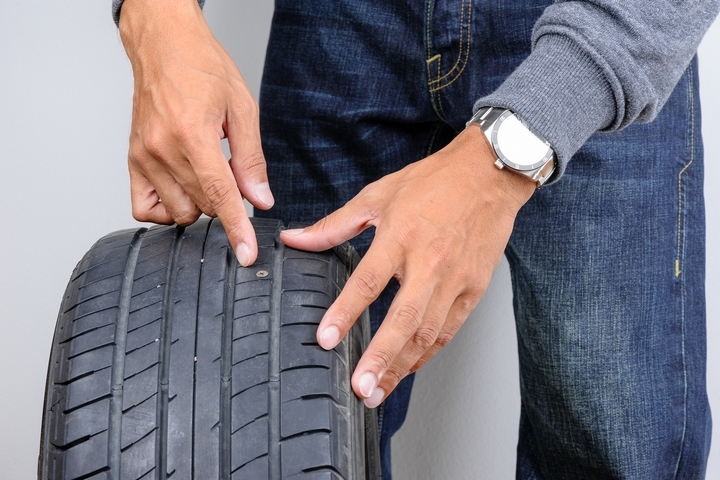
It’s not always obvious when you have a punctured tire. Perhaps a nail poked through one of your tires a few months ago, and you never noticed. But a punctured tire is doomed to slowly deflate and weaken, and might eventually blow.
To prevent this from happening, be sure to regularly take a good look at your car’s tires. If you see a nail, a shard of glass or small metallic debris sticking out of the rubber of a tire, see if you can get it repaired as soon as possible.
A simple visual inspection and a quick repair could save you from a dangerous and costly tire blowout.
Cause #4: An underinflated tire is risky
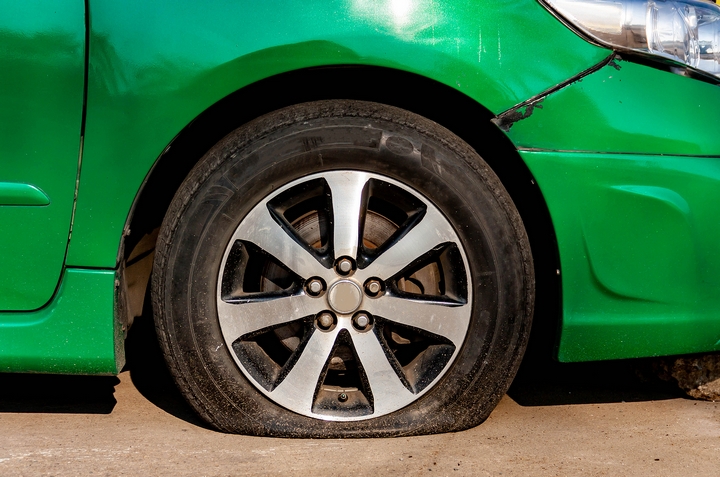
Do you know how much air should be inside your tires? This information should be displayed on a sticker placed near the door frame on the driver’s side of your vehicle.
Even if a tire has not been punctured, it could still slowly be losing some air. The sides of a tire are thinner than the surface that meets the road, and when there is not enough air pressure inside it, it stretches and damages the rubber. This can lead to a tire blowout.
Regularly check your tire pressure and make sure they are inflated just right. Keep in mind that overinflating your tires is not better than underinflating them, and could also lead to a blowout.
Cause #5: Old tires will eventually blow
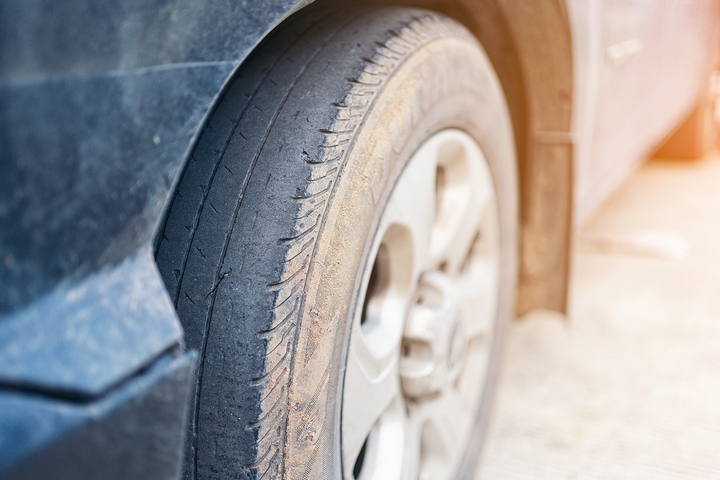
If your tires are old, they have probably endured a lot of wear and tear. In fact, if they are more than 6 years old, you should consider replacing them as soon as possible to avoid a blowout.
If your tires are not that old yet, they could still be at risk of a blowout due to uneven tread wear. If you get your tires rotated according to the recommendations of your car’s manufacturer, they will wear down more evenly, and be less at risk of blowing out.
Cause #6: Overloading your vehicle is not a good idea
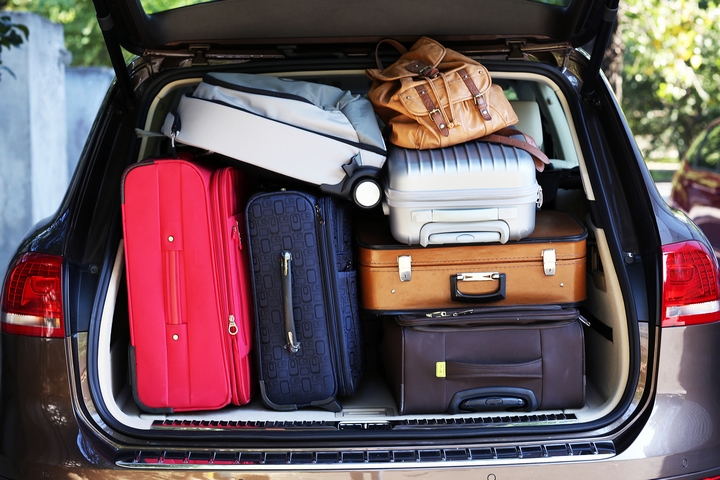
Finally, weight could be responsible for tire blowouts. If you are going on an exciting vacation and overloading your vehicle with your family’s luggage, the excessive weight is going to put some stress on your tires.
And if your tires are already underinflated, or if one of them has been punctured, your vacation might get ruined by a tire blowout.
To prevent this, be aware of what your car’s gross vehicle weight rating is, and be sure not to overload it. Even if that means you will have to travel more lightly than you wanted to, it will be more than worth it to keep yourself and your passengers safe.
